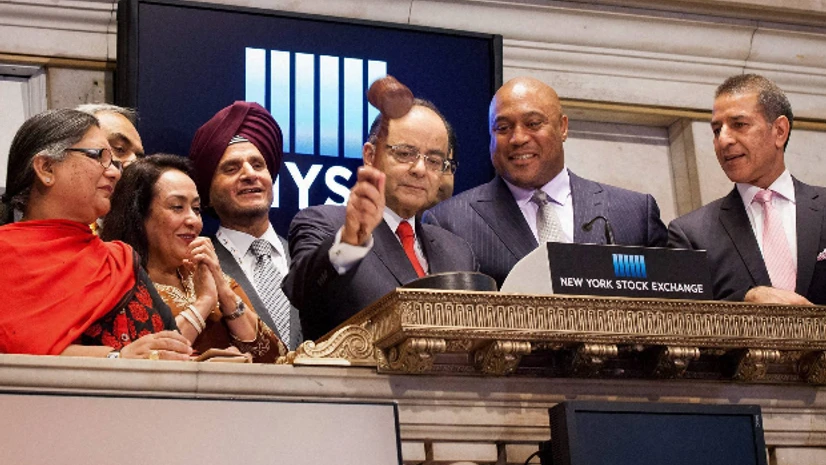While Finance Minister Arun Jaitley is busy wooing investors in the US, voices of deep resentment and concern can already be heard within the American industry against Indian economic policies. So much so that American lobby groups have even taken to Twitter with the hashtag #OpenUpIndia to catch the attention of one of the most active Twitter users — Prime Minister Narendra Modi.
The National Association of Manufacturers (NAM), the “voice” of all US manufacturing firms, once again slammed India for not undertaking adequate economic reforms and creating a level-playing field for US firms, similar to what it did in 2013 during the United Progressive Alliance government government.
“India’s discriminatory and market-limiting policies seriously undermine the US-India commercial relationship. They harm manufacturing and services industries in the US to a significant degree. Manufacturers are eager to work and invest with India, but first PM Modi must enact serious policy reforms. Last year, the PM declared India open for business, but we haven’t seen the results,” said Jay Timmons, president and CEO, NAM, while inaugurating an event in Washington on US-India trade relationship.
ALSO READ: Arun Jaitley: A year of Hits and Misses
Timmons highlighted the delay in rolling out the proposed National IPR Policy and World Trade Organization’s Trade Facilitation Agreement.
“India’s policies obstruct the ability of the US and other countries to sell our products outside our borders and hinder India’s ability to fully participate in the global market. India is the 10th largest economy in the world. But today, it is not even among the top 15 destinations for US exports,” he added.
India imposes prohibitively high tariffs to protect industries that are already globally competitive, and its regulation of trade is unduly complex, according to NAM.
During the event – Is India Open For Business? – organised by NAM and presented by CQ Roll Call and The Economist, voices of US Congressmen could also be heard. They came down heavily on stating the single-most barrier which the American businesses face while operating in India is that of “uncertainty” and “lack of innovation.”
“India will be open to business provided they protect patent rights and intellectual property. If you enforce law, protect patents, and create jobs in India and the US through infrastructure investment, it becomes a great equaliser,” pointed out John Larson, US Congress member representing Connecticut.
US authorities also pushed for immediate conclusion of the long-pending Bilateral Investment Treaty.
According to US industry, India’s investment polices suffer from ‘significant unpredictability’ and the taxation regime in the country has weakened its ability to attract foreign investments.

)
